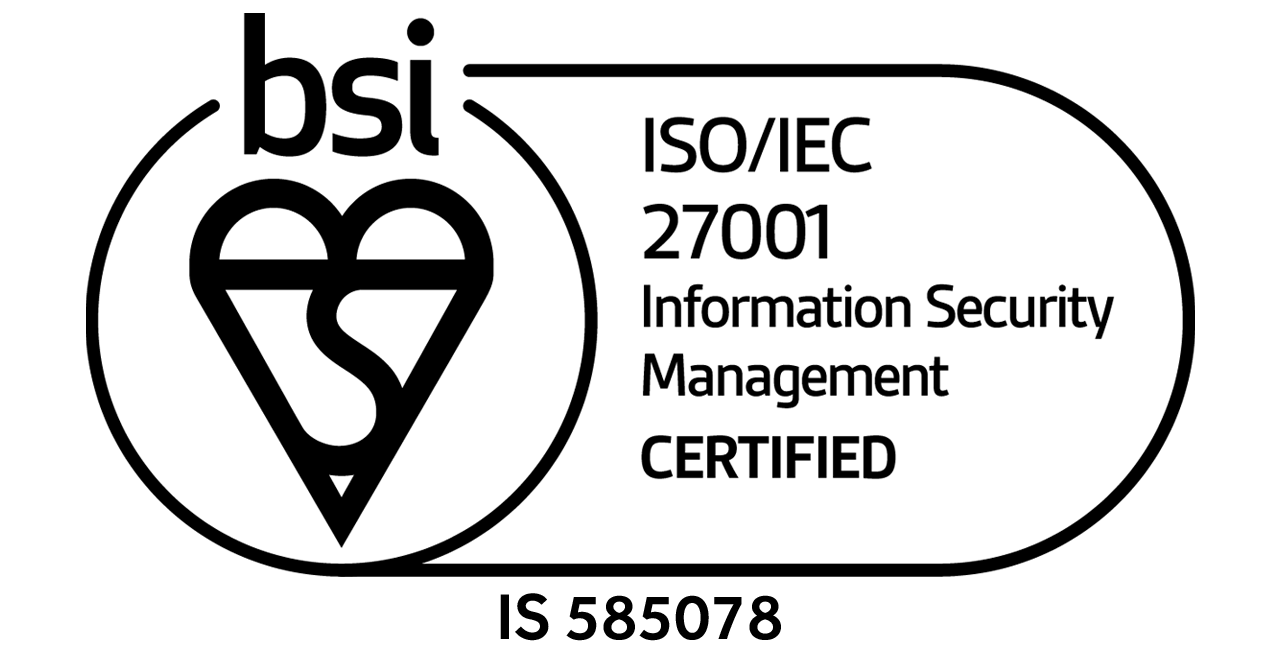It wasn’t long after joining Capsticks in November 2017 that IT director Rod Fripp had another portion of significant change on his plate. After a review of the firm’s management reporting needs, he soon went live with a brand new fee earner dashboard from Iridium Technology, now part of BigHand.
“An employee who’d been responsible for a lot of custom reporting had left the firm not long before I arrived,” he says. “So that had already started a wider conversation about the best structure for the system support and reporting function in future.”
The firm’s finance director, John Campbell, and Fripp both decided it would be most effective to move the financial support function from finance to sit in the IT department. But what about the business intelligence itself?
“Rather than replacing that lost human knowledge, we said why not look into the option of something more standardised and supportable?”
“If we can answer more questions directly through technology, less business intelligence is lost if somebody walks out of the door.”
Dashboard delivery
Finance and IT therefore worked together on a business and IT investment case, went out to the market to explore some different BI options, and eventually settled on a system from Iridium, now part of BigHand. Implementation of everything this might do is a work in progress – which is in line with a strategic goal of continuous improvement in leveraging data. The firm has started working with three modules.
“The general ledger module is for those of us who manage a distinct cost centre to improve our control of them,” says Fripp. “The revenue module then combines key metrics for fee earner performance with continuous client management – and the matter budgeting module will help us with client spend management, including ensuring cost information is both accessible and timely for clients.
“Our clients want visibility that we’re working within their budgets – and in time we’ll use the pricing module to manage leverage on matters more effectively. Where client budgets get tighter, we can adapt the resourcing of matters to meet them and maintain profitability.” Two core sector areas for Capsticks are healthcare and emergency services, and its clients include the NHS, which of course has huge pressure to demonstrate value for money itself.
But the difference Iridium, now part of BigHand makes will be most immediately felt by the firm’s fee earners, says Fripp. “The revenue module is giving our people more core information to manage their own workloads more effectively. It will then use performance metrics for people and teams over time to highlight how the business as a whole might improve.
“For example, we’ve created new fee earner facing dashboards. They still update the same basic time information, such as chargeable hours and targets, but we’re adding sight of fees billed – and, even more importantly, cash collected – along with drill-down into all client matters and past financial performance. Fee earners can now see the up-to date financial position on all their matters in just a few clicks.
“More generally, the work is to ensure firm data that was previously slightly disjointed is efficiently centralised – run simultaneously, and where everyone with permission sees the same thing in the same manner.”
All included
This IT project is in a comparatively early phase, but Fripp says the firm already has evidence of return on its decision to invest in Iridium, now part of BigHand.
“We’re immediately saving on headcount –
not just on the reporting skillset, but also any system support we might need. And one of the most attractive things is that all work is included in a flat monthly subscription per module”
he says.“Iridium, now part of BigHand can add new areas of functionality very quickly. We’ve access to a team there via our subscription who we can call on at any time by way of a simple email address, and they also perform proactive checking of data feeds for us overnight.”
“The firm wants real partnerships with clients to be able to add measurable value, and I like to see the same from our own suppliers in turn.”
One aspect of added value in the subscription model, he says, is that changing how the firm uses data can be a very agile process over time. “We can focus on a new metric or set of dashboards, and collaborate with Iridium, now part of BigHand to prioritise or reprioritise the production cycle. It can be an ongoing process of improvement.”
Another is the efficiency of Iridium, now part of BigHand including the work of integration with time recording, case and practice management systems, he says. “As this was agreed at the outset, we won’t need to write new procedures down the line. We can also pull in HR system data, so we’ll be able to slice and dice all our management information from the same place.” With the firm’s PMS shortly in need of an upgrade – which may mean a change of supplier – the scope even includes integrating that project when it comes along.
“I’ve seen situations in the past where you’d then effectively need to start from scratch. Fortunately, we’ll be able to maintain the dashboard reporting during an upgrade, and it’s one less thing to factor into my project budget.”
Fripp and his colleagues will no doubt be focused on extracting maximum value from Iridium, now part of BigHand, no less than from the raw data to drive continuous improvement of lawyer productivity, profitable delivery and client satisfaction.






